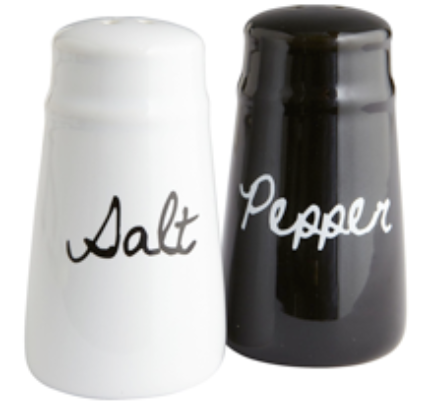CommentsWELLNESS--A recent study by East China Normal University in Shanghai has proven that there are micro-particulates of plastic occurring in table salt in more than 15 different salt brands sold in China. The salts contained different amounts of plastics with the highest rate being 275 plastic particles per pound. These particles, about .2 millimeters each, are small enough to go unnoticed in salt shakers; there would be no way of knowing if one is consuming them.
Most of this plastic is coming from common sources we use regularly such as plastic bottles, plastic wrap, and plastic bags. Reports show that the waters near china tend to be more polluted than in other areas of the world which may explain why these plastics are showing up there first.
One of the biggest culprits is the plastic bag. While there are those who say that, with proper reuse and recycling, plastic bags may still be an environmentally healthy way to transport goods, the evidence shows otherwise. For example, the Great Pacific Garbage Patch still exists. By some estimates, this area in the Pacific Ocean, where massive amounts of plastics contaminate the water and ocean wildlife, is larger than Texas.
The newest findings showing plastics in sea salt and shellfish means there is no question that plastics are rapidly encroaching on our food and water supply. It may be just a matter of time before researchers start finding clear evidence of plastics in the food supply in the Americas and Europe as well as in Asia.
What we do know is that these micro-plastics are already being consumed by ocean wildlife. If the fish are eating plastics and we are eating the fish, there is a good chance humans are already consuming plastics.
While we still don’t know just how dangerous eating plastics can be, we do know that plastic tends to absorb certain toxic chemicals like a sponge. It may not be only the plastics one is eating, but also the chemicals they have previously absorbed. Regardless of the severity of the health-damaging effects, it’s safe to assume that no one wants to consume plastic.
(Christian Cristiano is an acupuncturist in LA, TV host of Wellness for Realists and writes on wellness regularly for CityWatch. Christian can be reached at 323.935.3420. twitter: @CristianoWFR) Edited for CityWatch by Linda Abrams.
-cw
CityWatch
Vol 13 Issue 95
Pub: Nov 24, 2015
{module [1177]}
